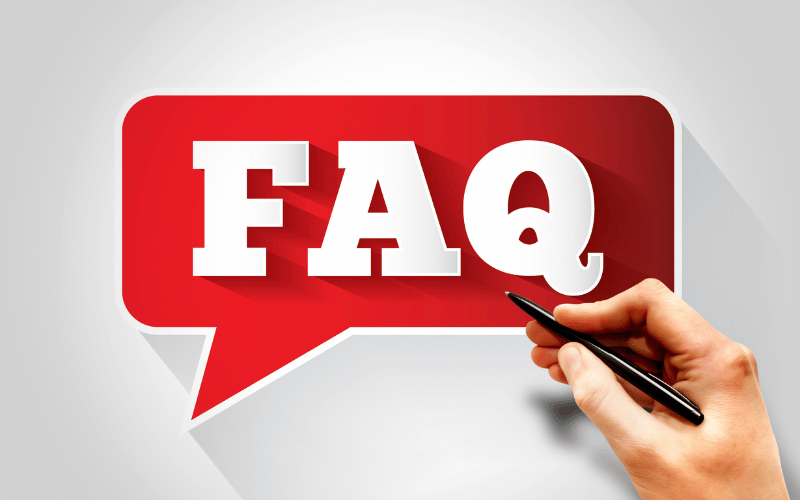FAQs about Swollen Parotid Glands (Parotitis)

1. What are the primary symptoms of parotitis?
Most individuals with parotitis experience noticeable swelling in front of the ears, which can extend to the jaw or neck. This swelling can be associated with pain, especially when chewing. Other symptoms might include fever, foul-tasting drainage in the mouth, and in severe cases, facial weakness or numbness.
2. Are all swellings of the parotid gland due to infections?
No, while infections like mumps or bacterial invasions are common causes, several other factors can lead to parotid gland swelling. This includes obstructions from stones, tumors (both benign and malignant), autoimmune diseases, and even certain medications.
3. Can poor oral hygiene really cause parotitis?
Yes, poor oral hygiene can lead to the growth of harmful bacteria in the mouth. These bacteria can make their way into the salivary ducts and cause inflammation, leading to parotitis. Regular brushing, flossing, and dental check-ups are crucial to prevent this.
4. Is parotitis a recurrent condition?
It can be. Some individuals might experience recurrent episodes, especially if there’s an underlying cause that isn’t addressed, such as salivary duct stones or chronic infections. If you experience recurrent swelling or other symptoms, it’s essential to see a doctor to determine the underlying cause and get appropriate treatment.
5. How is parotitis treated?
The treatment largely depends on the cause. Bacterial infections often require antibiotics. Viral infections like mumps are managed with supportive care. Obstructions might need surgical interventions, and tumors often require removal. Always consult with a healthcare professional to get an accurate diagnosis and treatment plan.
Conclusion: Reflecting on Parotitis Causes
Parotitis, an inflammation of the parotid glands, is a condition that can arise from a myriad of causes, ranging from viral and bacterial infections to lifestyle factors and medication side effects. Its multifaceted origins highlight the complexity of our salivary gland system and its vulnerability to various internal and external factors. Each cause brings forth a unique set of challenges in diagnosis, management, and prevention. Thus, understanding these triggers is paramount, not just for healthcare professionals but for the general populace, to ensure timely recognition and intervention.
Furthermore, the potential ramifications of untreated or recurrent parotitis underscore the importance of maintaining good oral hygiene, staying updated on vaccinations, and being cautious about medication side effects. In a world where health is often taken for granted, conditions like parotitis serve as a reminder of the intricate balance that governs our body’s systems. Armed with knowledge and awareness, individuals can better navigate the challenges posed by parotitis and seek prompt medical attention when required, ensuring optimal health and well-being.